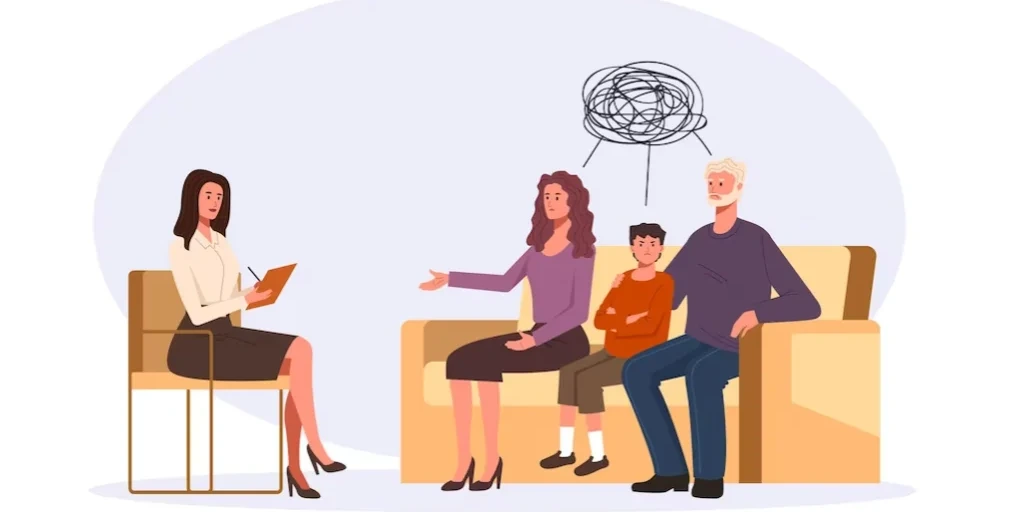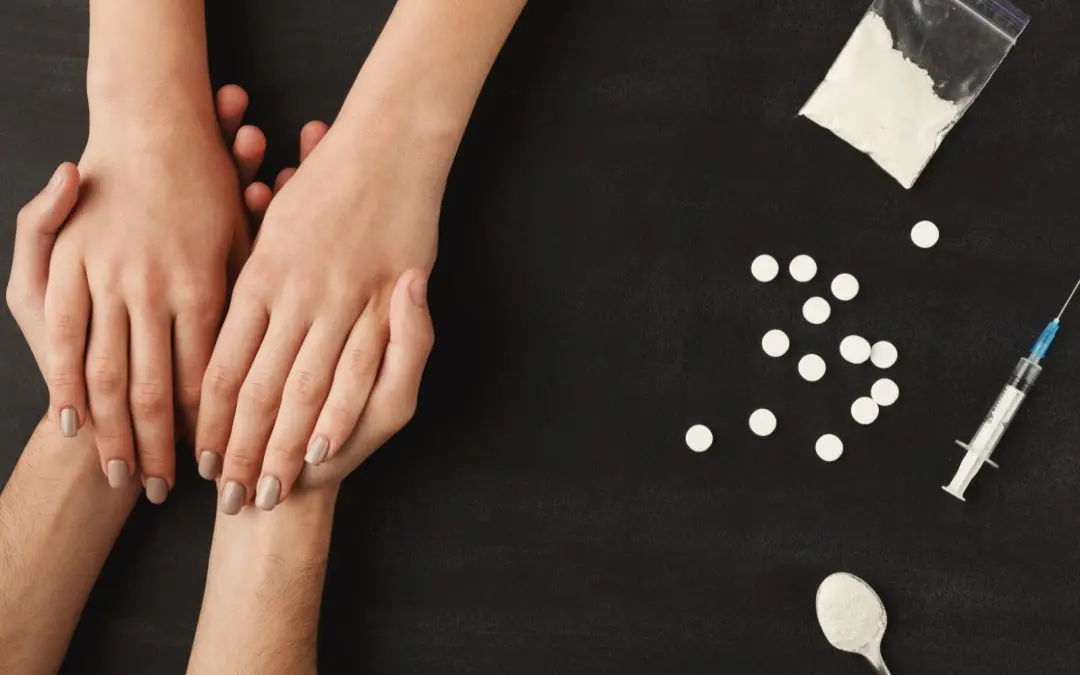24/7 Helpline:
(866) 899-111424/7 Helpline:
(866) 899-1114
Learn more about Bipolar Disorder Treatment centers in Dowagiac
Bipolar Disorder Treatment in Other Cities






Woodlands Behavioral Healthcare Network
Woodlands Behavioral Healthcare Network works with individuals, families, and the community to inspi...























































































Other Insurance Options

EmblemHealth

Humana

CareSource

Anthem

Holman Group

Premera

Covered California

Health Choice

Private insurance

BHS | Behavioral Health Systems

ComPsych

American Behavioral

BlueCross

Health Net

CareFirst

Group Health Incorporated

Multiplan

UMR

Optima

MHNNet Behavioral Health